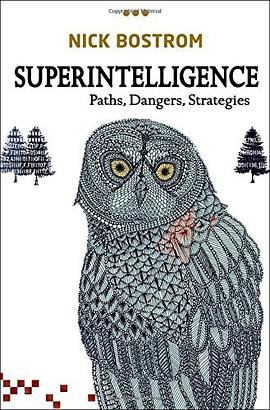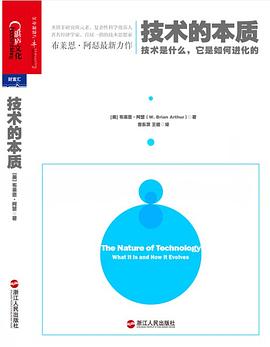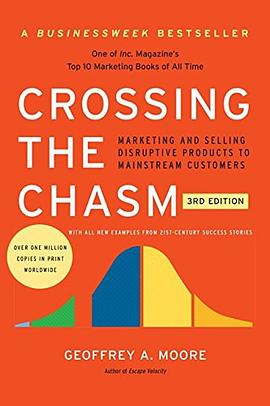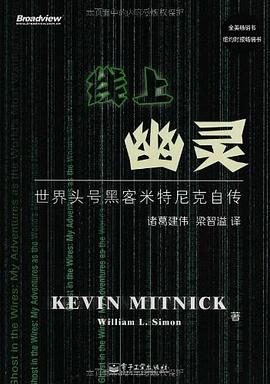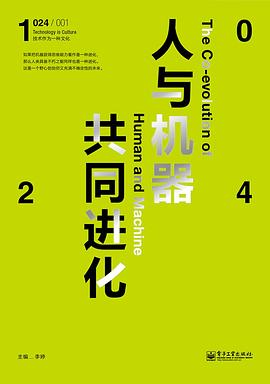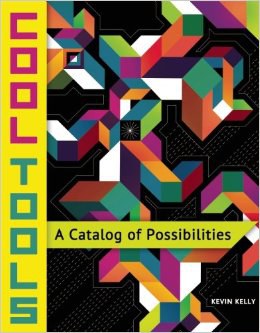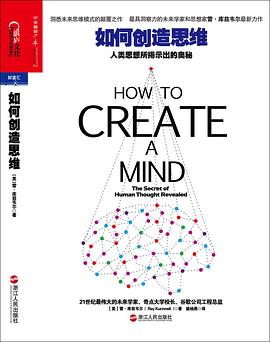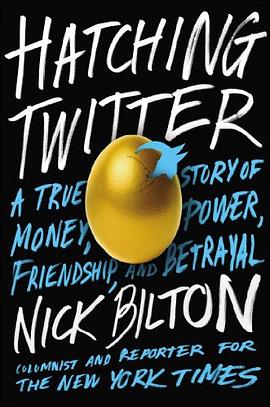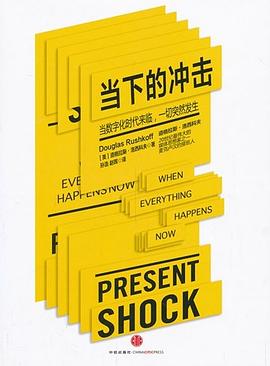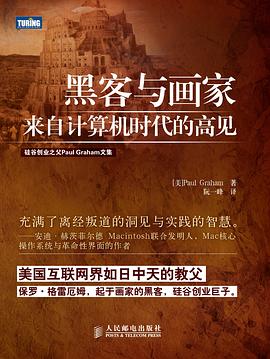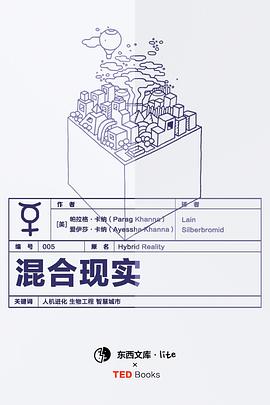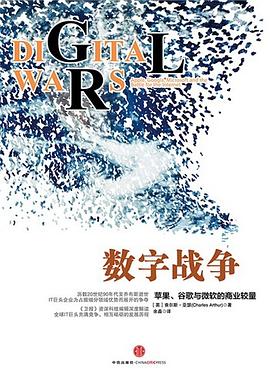
具體描述
Nick Bostrom is Professor in the Faculty of Philosophy at Oxford University and founding Director of the Future of Humanity Institute and of the Programme on the Impacts of Future Technology within the Oxford Martin School. He is the author of some 200 publications, including Anthropic Bias (Routledge, 2002), Global Catastrophic Risks (ed., 2008), and Human Enhancement (ed., OUP, 2009). He previously taught at Yale, and he was a Postdoctoral Fellow of the British Academy. Bostrom has a background in physics, computational neuroscience, and mathematical logic as well as philosophy.
The human brain has some capabilities that the brains of other animals lack. It is to these distinctive capabilities that our species owes its dominant position. Other animals have stronger muscles or sharper claws, but we have cleverer brains.If machine brains one day come to surpass human brains in general intelligence, then this new superintelligence could become very powerful. As the fate of the gorillas now depends more on us humans than on the gorillas themselves, so the fate of our species then would come to depend on the actions of the machine superintelligence.But we have one advantage: we get to make the first move. Will it be possible to construct a seed AI or otherwise to engineer initial conditions so as to make an intelligence explosion survivable? How could one achieve a controlled detonation?To get closer to an answer to this question, we must make our way through a fascinating landscape of topics and considerations. Read the book and learn about oracles, genies, singletons; about boxing methods, tripwires, and mind crime; about humanitys cosmic endowment and differential technological development; indirect normativity, instrumental convergence, whole brain emulation and technology couplings; Malthusian economics and dystopian evolution; artificial intelligence, and biologicalcognitive enhancement, and collective intelligence.This profoundly ambitious and original book picks its way carefully through a vast tract of forbiddingly difficult intellectual terrain. Yet the writing is so lucid that it somehow makes it all seem easy. After an utterly engrossing journey that takes us to the frontiers of thinking about the human condition and the future of intelligent life, we find in Nick Bostroms work nothing less than a reconceptualization of the essential task of our time.
用戶評價
##誰來翻譯這本書呢?我都有興趣來翻譯啊,不過比較花時間…… Superintelligence: Paths, Dangers, Strategies - Wikipedia, the free encyclopedia:Superintelligence: Paths, Dangers, Strategies (2014) is a non-fiction book by Oxford philosophy professor Nick Bostrom...
評分##想到有一個唯一目標是算pi值的超級智能,在人類滅絕一百萬年以後,窮盡瞭地球以緻全部星係資源,還在孜孜不倦地計算pi值,就有點兒好笑呢
評分##總體來說,這是一本比較難懂的書。因為作者雖然是思想傢,但是其背景包括瞭物理、計算機科學、數理邏輯以及哲學。所以其實他是一位非常理性,並且很瞭解科學的人。在序言中,他說道自己提齣的觀點可能是不恰當的,有些非常重要的觀點也可能沒提到,從而削弱瞭其某些或者所有觀...
評分 評分##想到有一個唯一目標是算pi值的超級智能,在人類滅絕一百萬年以後,窮盡瞭地球以緻全部星係資源,還在孜孜不倦地計算pi值,就有點兒好笑呢
評分 評分 評分##想到有一個唯一目標是算pi值的超級智能,在人類滅絕一百萬年以後,窮盡瞭地球以緻全部星係資源,還在孜孜不倦地計算pi值,就有點兒好笑呢
評分相關圖書
本站所有内容均为互联网搜索引擎提供的公开搜索信息,本站不存储任何数据与内容,任何内容与数据均与本站无关,如有需要请联系相关搜索引擎包括但不限于百度,google,bing,sogou 等
© 2025 book.tinynews.org All Rights Reserved. 静思书屋 版权所有

